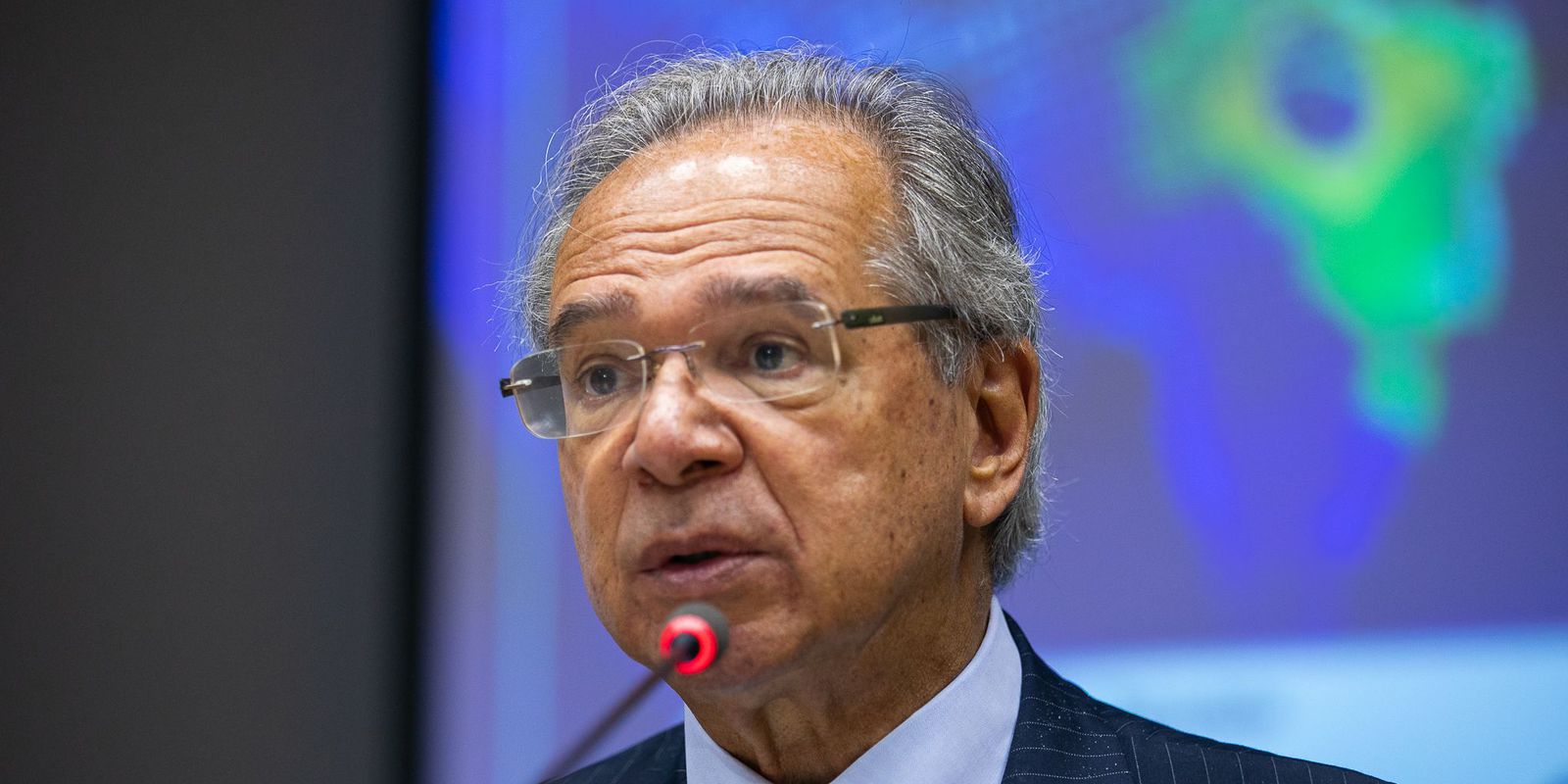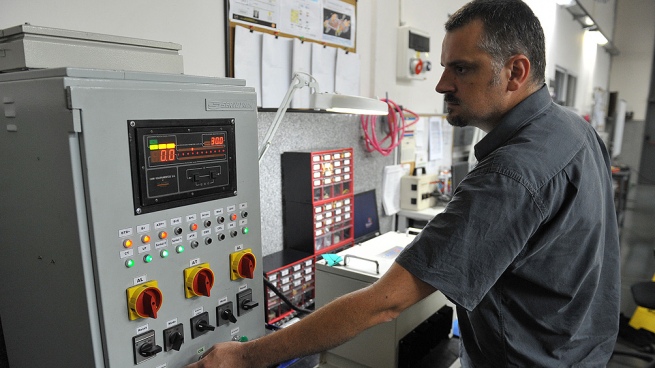Economy Minister Paulo Guedes said today (12) that the creation of a new transfer pricing system by Brazil represents “a decisive step” for the country’s access to the Organization for Economic Cooperation and Development (OECD).
The transfer pricing system is a procedure by which multinationals move profits from one country to another, usually from their subsidiaries towards the parent company, or to countries where legislation allows for more favorable taxation, as is the case of tax havens.
According to the Ministry of Economy, the new transfer pricing system is the result of a project started in 2018, “which examined the similarities and differences between the Brazilian and OECD transfer pricing approaches and resulted in the report on convergence to the OECD standard.” .
“The old system left open the possibility of double taxation, which would affect European companies that wanted to invest in Brazil. At the other extreme, [possibilitava] tax evasion, which is the transfer of profits between different jurisdictions”, explained Paulo Guedes during the presentation of the new system.
“Today’s great advance will prevent two evils: that of excessive taxation, which prevents investments; and the evil of evasion, through transferring profits to legislation that has more favorable taxation,” he added.
minimum tax
According to Guedes, the global community “embraces itself” through these practices. “I want to emphasize the special moment when this happens”, he said, recalling that the negotiation of the new global tax agreement “is a minimum tax on large multinationals”.
He reaffirmed that Brazil is “very advanced in this final stretch of access to the OECD”, and that the step taken today is “decisive” for this access, as it helps the country to converge with international standards.
“With this initial step in the new system, we want to lubricate investment channels so that Brazil can benefit from the investments that Europe will make in search of new areas of investment for energy and food security”, he argued, after citing the current geopolitical scenario. that continent amid political pressures, economic sanctions and ruptures exacerbated by the war between Russia and Ukraine.
















